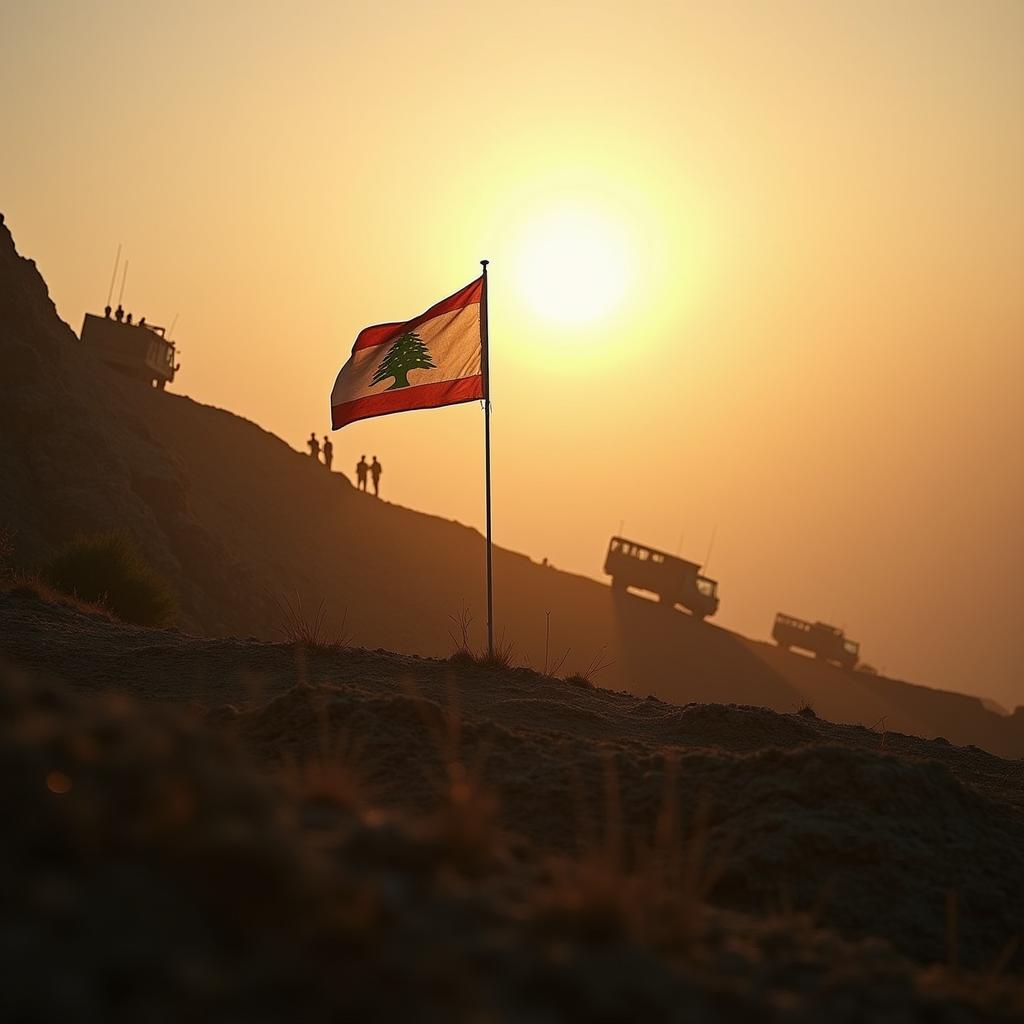
The situation in southern Lebanon is heating up, and it’s putting Lebanon’s new leaders in a tough spot. Late last year, Israel and Hezbollah agreed to a temporary truce, with both sides pledging to pull their forces out of the region within 60 days. The hope was that this would bring some much-needed stability to the area. But as the deadline passed over the weekend, Israeli troops showed no signs of leaving.
This has sparked concerns that Israel might stay put in parts of southern Lebanon. If that happens, it could give Hezbollah—the powerful political and military group—a major boost. Hezbollah was founded to resist Israeli occupation, and its leaders have long claimed to be Lebanon’s only real defenders against foreign forces. A prolonged Israeli presence could reignite support for the group, undermining efforts to centralize Lebanon’s military power under the government.
For Lebanon’s new president, Joseph Aoun, and prime minister-designate, Nawaf Salam, this is a critical moment. They’re trying to reduce Hezbollah’s influence and strengthen state control. But Israeli troops lingering in the south could derail their plans, reigniting tensions and giving Hezbollah a fresh rallying cry.
The stakes are high. Lebanon has been working toward a rare opportunity to consolidate its military power and move beyond the shadow of Hezbollah’s dominance. But with Israel’s troops still in place, the region’s fragile peace—and Lebanon’s political future—are hanging in the balance.
